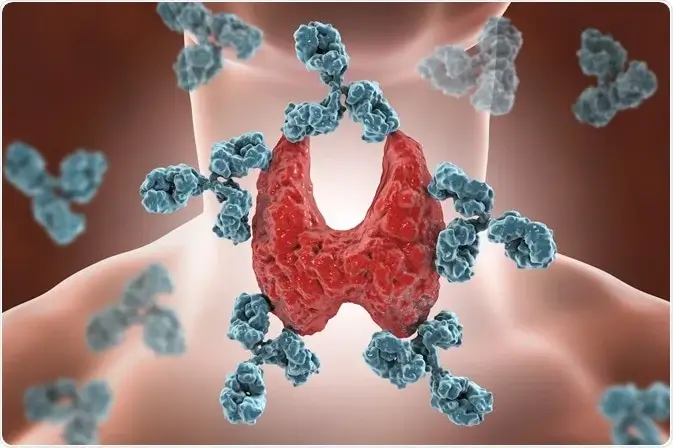A Look at the Innovative Treatments Changing the Lives of People with Autoimmune Conditions

Autoimmune conditions affect millions of people worldwide. Disorders such as rheumatoid arthritis, lupus, multiple sclerosis, and inflammatory bowel disease occur when the immune system mistakenly attacks healthy cells. This misdirected immune response causes inflammation, pain, fatigue, and a range of other symptoms that can significantly reduce quality of life. Traditional treatments have primarily focused on managing symptoms through medications such as corticosteroids or immunosuppressants. While these therapies can be effective in controlling flare-ups, they often come with side effects and do not address the root cause of the disease. Fortunately, medical research has made significant strides, leading to innovative treatments that are offering new hope to patients.
Biologic Therapies: Targeted Immune Modulation
Biologic therapies are among the most promising advancements in autoimmune treatment. These medications are derived from living organisms and are designed to target specific components of the immune system rather than suppress it entirely. Drugs that inhibit tumor necrosis factor-alpha (TNF-alpha), for example, have transformed treatment for rheumatoid arthritis and Crohn’s disease. By focusing on specific inflammatory pathways, biologics can reduce symptoms more effectively and with fewer side effects than traditional therapies. Researchers continue to develop newer biologics aimed at autoimmune conditions that were previously difficult to manage. This precision in treatment provides hope for patients who have not responded to conventional approaches.
Gene Therapy: Correcting Immune System Defects
Gene therapy offers a revolutionary approach to treating autoimmune diseases at their source. Although it remains largely experimental, this therapy aims to correct the underlying genetic defects that contribute to autoimmune responses. By delivering corrective genes to targeted immune cells, researchers hope to retrain the immune system to function properly. Early clinical trials for conditions such as severe combined immunodeficiency and some forms of lupus have produced encouraging results. If these approaches continue to show promise, gene therapy could represent a fundamental shift in the way autoimmune diseases are treated, potentially moving from lifelong symptom management to long-term disease modification.
Stem Cell Therapies: Resetting the Immune System
Stem cell therapies are gaining recognition for their potential to reset the immune system. Stem cells have the unique ability to differentiate into various cell types and influence immune responses. By leveraging this ability, researchers are developing treatments that aim to restore balance to the immune system. Clinical trials have shown promising results for patients with multiple sclerosis, lupus, and Crohn’s disease, including reduced symptoms and longer remission periods. For people looking for advanced treatment options, stem cell autoimmune treatments offer a potentially transformative path that may help patients regain function and improve overall quality of life.
Lifestyle Approaches: Complementary Strategies
In addition to medical interventions, lifestyle-focused strategies are increasingly recognized as important for managing autoimmune conditions. Diet, exercise, stress management, and adequate sleep can all influence disease activity. Personalized nutrition plans, regular physical activity, and mindfulness practices have been shown to reduce inflammation, support immune function, and improve well-being. When combined with cutting-edge therapies, these lifestyle approaches empower patients to take an active role in managing their conditions and achieving better health outcomes.
The Future of Autoimmune Care
The future of autoimmune treatment is bright. Biologics, gene therapies, and stem cell interventions are reshaping how clinicians approach complex autoimmune diseases, providing more effective and personalized care. Complementary lifestyle strategies further enhance patient outcomes and quality of life. As research continues to advance, patients living with autoimmune conditions now have greater hope for not just longer lives, but healthier and more fulfilling ones. These innovative therapies are transforming the treatment landscape and offering possibilities that were unimaginable just a few decades ago.
